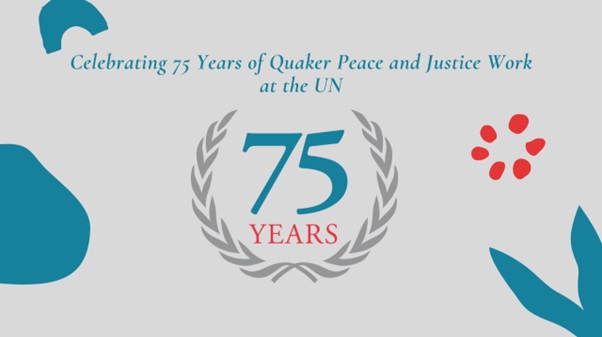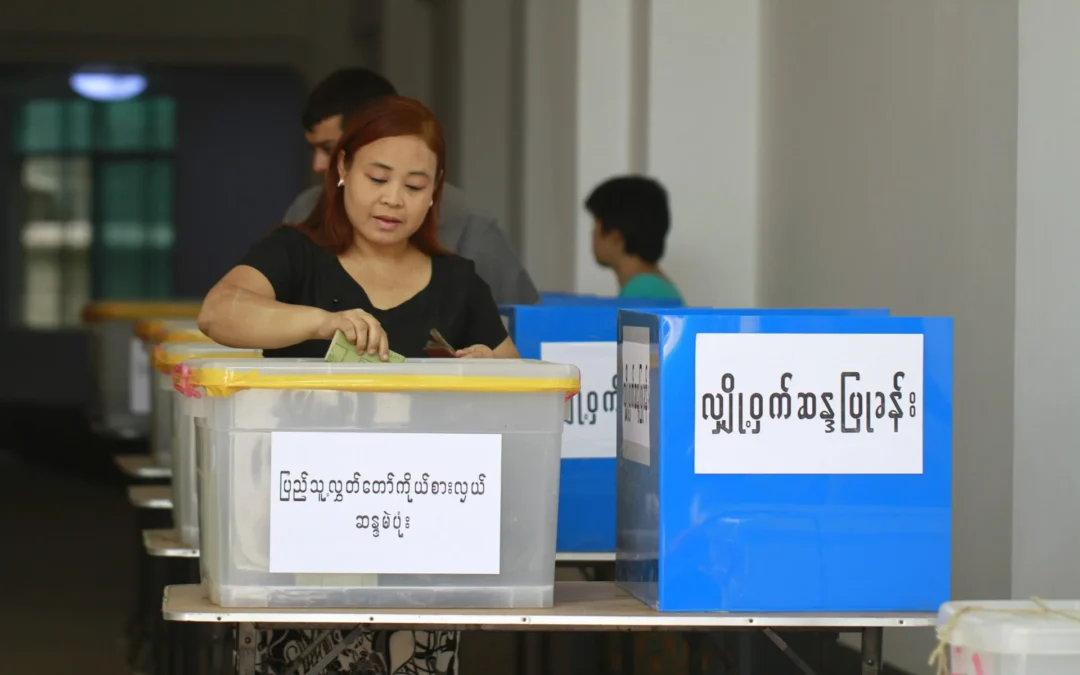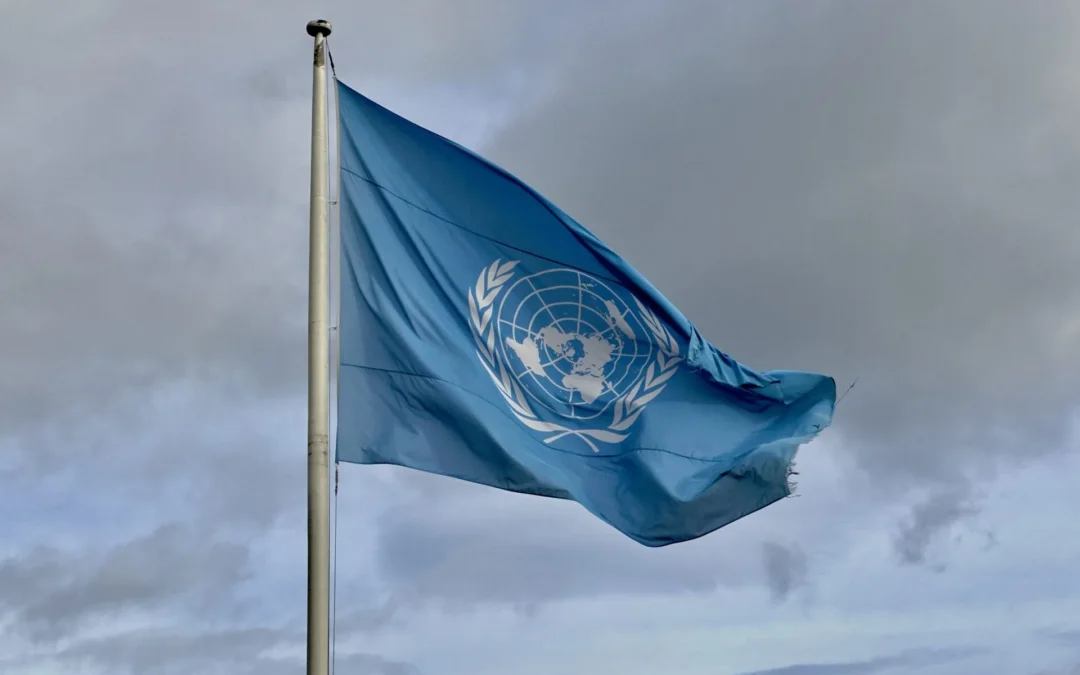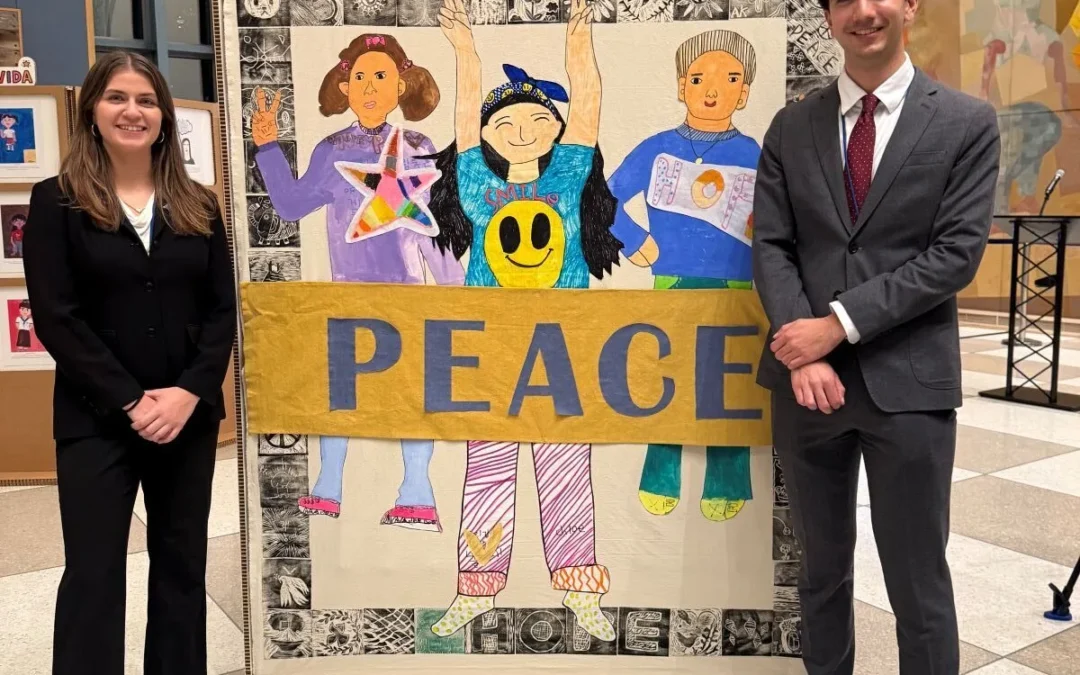This year, 2023, marks 75 years since the Quakers United Nations Office (QUNO) was founded in 1948. QUNO represents Quakers at the United Nations (UN) and related multilateral institutions, such as the World Trade Organisation (WTO).
Operating from offices in New York and Geneva, QUNO works to uphold the original ideal of the UN to strive for sustainable peace and justice. QUNO’s consistent commitment to speaking with integrity, lifting up the voices of those on the margins and bringing to light diverse perspectives, insights, and concerns, has led Quakers to be recognised as trusted partners who create space for new and creative solutions in response to global challenges.
This year also marks the 75th anniversary of the Universal Declaration on Human Rights, proclaimed by the United Nations General Assembly in Paris on 10 December 1948. A milestone document in the history of human rights, the Declaration is a joint articulation of the value of every member of our human family – a core belief for Quakers.
QUNO is proud and privileged to carry forward the Quaker traditions of patient, quiet diplomacy at the UN, working for a more peaceful, just and equal world, as embodied in the Declaration. The strength of QUNO’s work is often found in our long-term persistence. Through perseverance, we have helped change attitudes, create new understandings, and develop new standards.
Throughout its 75 years as a Quaker presence, QUNO has had an impact on policies and actions taken by the UN. Successes over these years include: contributing to the ban on the use of anti-personnel mines; the ban on the use of children in armed conflict; securing recognition of the right to conscientious objection to military service; galvanising support for global efforts to eradicate the trade of illicit small arms and light weapons; advocating and building support for the inclusion of peace in the Sustainable Development Goals (SDGs); relaxation of intellectual property rules to improve access to vital life-saving medicines to all people with HIV/Aids; working with UN and civil society partners to develop the UN Community Engagement Guidelines for Peacebuilding and Sustaining Peace; and the right to a healthy environment.
To mark this anniversary, QUNO is carrying out a year of celebration. We will mark this milestone through a range of activities including:
- An outreach event in New York to bring QUNO supporters together in celebration of Quaker work at the UN;
- A year-long programme, which will include a celebration of the people that have been and continue to be a part of this rich history of Quakers, living their faith through action for global sustainable peace, justice and equality. The second half of our celebratory year is dedicated to the voices of young people (Quakers and non-Quakers) about their hopes and ideas for the future;
- A celebration throughout the year of those who are part of the history and work of Quaker action at the UN. This will include uplifting the contributions of past and current staff; Friends living their faith through action for global peace, justice and equality; the work of our governing bodies; and the impact of our supporters; production of outreach materials, including videos and articles, that highlight and share experiences of Quakers and other partners connected to QUNO over the decade;
- A book to document our work at the UN over the last 75 years. We want to look back, of course, but we also want to look ahead.
To learn more about an join our year of celebration, connect with us on Facebook,
LinkedIn or
Twitter. You can also stay updated about our work by signing up for our e-newsletter here.







